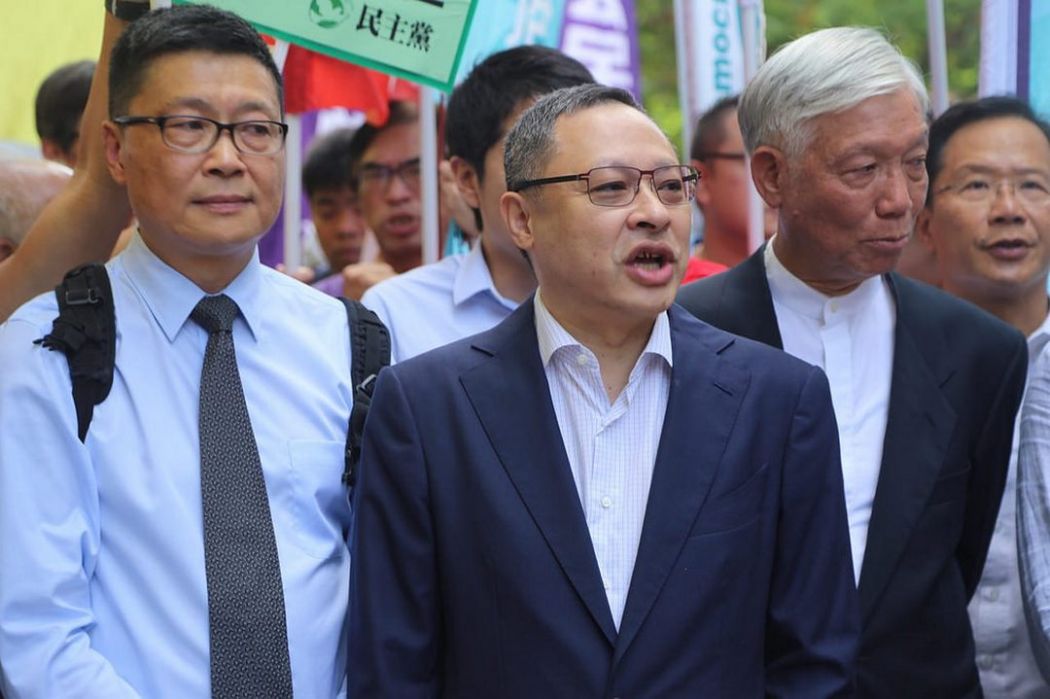Chan Kin-man, a co-founder of the pro-democracy Occupy protests, said the demonstrations delayed the rise of radical activism in Hong Kong, rather than speeding it up.
Thursday marks the anniversary of the 2014 Umbrella Movement, which demanded full universal suffrage for the city. Along with organisers Chu Yiu-ming and Benny Tai, Chan is to face trial in January over a range of public nuisance charges.
Chan, a sociologist at the Chinese University of Hong Kong, said the trio has been blamed for violent incidents after the Occupy protests and for the rise of the Hong Kong independence movement.

“But I remember in 2013 when Occupy Central was just proposed, I wrote a newspaper commentary saying Hong Kong had already been facing a political cliff,” he said on a Commercial Radio programme on Thursday. “What I meant was, if our political system still did not change, we would face a great governance problem.”
He said he predicted there would be three trends, including young people turning to localism – and not recognising their Chinese identity. He said they would also turn to more radical and non-peaceful forms of protest, and become more cynical.
“The trends had already been appearing. Occupy merely delayed the progress of the trends. We believed we should give peaceful movement one last chance,” he said.
He said he noticed the pattern in 2010 when the pro-democracy camp was split over the government political reform package: “There were more debates in social movements over what violence is – does pushing a barricade count?” he said. “If we did not use a peaceful movement [to fight for] negotiation… no one would want to negotiate anymore – violent guerrilla actions would occur.”

Benny Tai, who originally proposed the Occupy protests, said the whole process from proposing the protests in January 2013 to the end of the protests in December 2014 had been “very peaceful and rational.”
He said that some may have not liked his ideas of deliberation days or referendums, because they were not radical enough: “Over the whole process, we wished to create civil awakening. If you say I am guilty of awakening the public, I have nothing to say. We wished to let Hong Kong people know why we need democracy, and understand our determination for democracy.”
Reverend Chu Yiu-ming, another co-founder, said the split in Hong Kong society was because of a lack of a fair system.
“The discontent on livelihood issues, the political system, the appointment of officials – you can see that the people that you disliked the most would all be offered positions, and they would talk a lot of nonsense,” he said.
“The government shuts all its doors, but wishes everything will happen peacefully – it’s just not possible.”

The trio each face three common law charges of conspiring to create a public nuisance, inciting others to create a public nuisance, and inciting others to incite more people to create a public nuisance. Each of the charges carry a maximum penalty of seven years behind bars.
Chu, 73, said after the radio show that he was preparing for potential imprisonment. He said a jail term is part of civil disobedience and he will accept it.
“I will train my body. I swim everyday, I hope to have good spirit when I get in [prison],” he said. “I am picking what books I will read, or what topic I will study.” He added he planned to write from his prison cell.
